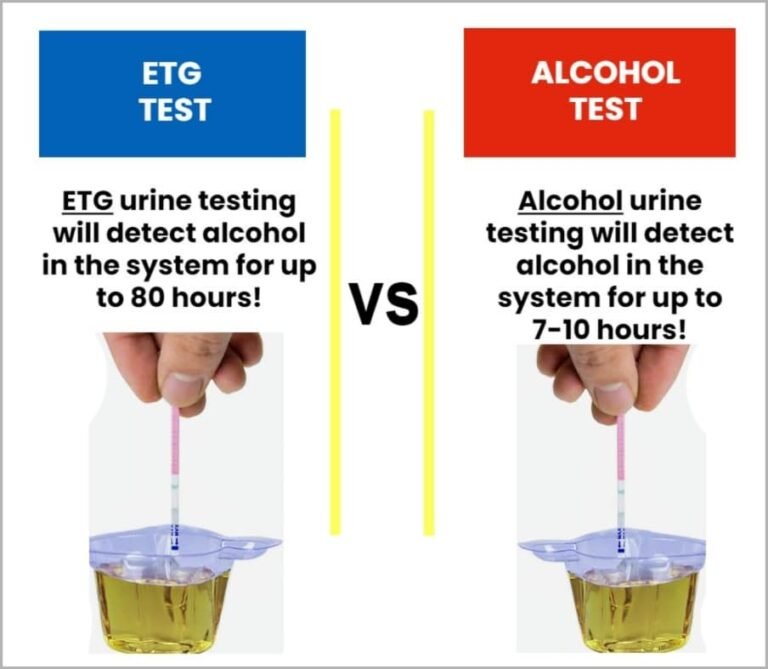Introduction to Safety Measures in Summer Camps
Ensuring the safety and well-being of children in summer camps is a paramount concern for parents and camp organizers alike. The environment should not only be fun and educational but also secure and nurturing. To achieve this, stringent safety measures are essential, particularly in the selection and vetting of staff and volunteers. One critical aspect of these safety measures is the implementation of thorough background checks, including fingerprinting and Level 2 background checks.
Fingerprinting is a crucial step in the background check process, providing a reliable method to verify the identity of individuals applying to work or volunteer at summer camps. This biometric data helps to ensure that the person has no hidden criminal history that could pose a risk to the children. However, fingerprinting alone is not sufficient. This is where Level 2 background checks come into play.
Level 2 background checks are more comprehensive than basic checks. They involve a detailed examination of an individual’s criminal history, including national and state-level databases. This rigorous scrutiny helps to identify any potential red flags that might not surface in a less thorough check. These checks are crucial in safeguarding children from individuals with histories of violent crime, sexual offenses, or other behaviors that could endanger the camp environment.
The Department of Children and Families (DCF) plays a vital role in setting these safety requirements. The DCF mandates that all summer camps adhere to strict guidelines for background checks and fingerprinting. These regulations ensure a standardized approach to safety, providing peace of mind to parents and guardians. By adhering to these guidelines, summer camps demonstrate their commitment to creating a safe space where children can thrive without the shadow of potential harm.
In summary, the implementation of fingerprinting and Level 2 background checks is a fundamental component of safety measures in summer camps. These processes, backed by DCF requirements, help to create a secure environment, allowing children to enjoy their summer experiences with confidence and joy.
Understanding Level 2 Background Checks
Level 2 background checks are essential for ensuring the safety and well-being of children attending summer camps. These checks are notably more comprehensive than Level 1 checks, making them a crucial component in the hiring and screening process for camp employees and volunteers. A Level 2 background check includes fingerprinting, national criminal history checks, and rigorous screening for any disqualifying offenses.
The process of obtaining a Level 2 background check begins with fingerprinting. Candidates are required to submit their fingerprints, which are then sent to the Federal Bureau of Investigation (FBI) for a national criminal history background check. This step is critical as it allows the FBI to compare the submitted fingerprints against their extensive database, identifying any criminal history associated with the individual.
Furthermore, Level 2 background checks involve a thorough examination of an individual’s criminal record. This includes searching for any disqualifying offenses that may preclude them from working or volunteering at a summer camp. Disqualifying offenses typically encompass serious crimes such as violent felonies, sexual offenses, drug trafficking, and crimes against children. The aim is to ensure that individuals with a history of such offenses are not placed in positions where they could potentially harm minors.
In addition to fingerprinting and national criminal history checks, Level 2 background checks may also involve cross-referencing state and local databases to provide a more comprehensive view of an individual’s criminal background. This multi-layered approach ensures that summer camps can make informed decisions when hiring employees and accepting volunteers, thereby fostering a secure environment for campers.
Ultimately, the rigorous nature of Level 2 background checks underscores their importance in the context of summer camps. By implementing such thorough screening measures, camps demonstrate their commitment to safeguarding the children in their care, ensuring that only suitable and trustworthy individuals are entrusted with their well-being.
DCF Requirements for Summer Camp Employees and Volunteers
The Department of Children and Families (DCF) has established rigorous requirements to ensure the safety and well-being of children attending summer camps. One of the primary mandates involves the submission of fingerprints and the completion of a Level 2 background check. This process helps in identifying any disqualifying criminal history, ensuring that only individuals with a clean record are allowed to interact with the children.
The first step in meeting DCF requirements is the collection and submission of fingerprints. This can be done at approved locations where the fingerprints are taken electronically and forwarded to the appropriate authorities for processing. The Level 2 background check is more comprehensive than a standard check, as it includes a national search of criminal records, as well as checks against databases such as the National Sex Offender Registry and the FBI’s national database.
The timeline for completing these requirements is also strictly regulated. Typically, all necessary background checks, fingerprint submissions, and training certifications must be completed well before the start of the summer camp season. This allows ample time for any issues to be addressed and ensures that all staff members are fully vetted and trained before they begin working with children.
By adhering to these DCF requirements, summer camp administrators can provide a safer environment for children, reassuring parents that their children are in good hands. Compliance not only meets legal obligations but also demonstrates a commitment to the highest standards of child safety and care.
Best Practices for Implementing Safety Checks in Summer Camps
To ensure the safety and well-being of campers, summer camp administrators must implement robust fingerprinting and Level 2 background check procedures for all employees and volunteers. Adhering to these checks not only complies with legal requirements but also fosters a secure environment. The following best practices can help streamline this process and maintain high safety standards.
Firstly, collaborating with reputable third-party vendors can simplify the background check process. These vendors are experienced in conducting thorough checks and can provide timely results, allowing camp administrators to focus on other critical tasks. It is essential to choose vendors with a proven track record and familiarity with the Department of Children and Families (DCF) guidelines to ensure compliance.
Coordinating closely with the DCF is also crucial. Establish clear communication channels and maintain an up-to-date understanding of state regulations. This proactive approach ensures that all safety protocols are met and reduces the risk of oversights. Regular training sessions for staff on compliance requirements and updates can further bolster this effort.
Maintaining comprehensive and up-to-date records is vital for ongoing safety. Implement a systematic approach to document and track all background checks, including dates of completion and results. Digital record-keeping systems can enhance efficiency and accessibility. Additionally, periodic rechecks should be scheduled to ensure the continued eligibility of employees and volunteers, especially those returning for multiple seasons.
Fostering a culture of safety and transparency within the camp community is another key aspect. Encourage open dialogue about the importance of safety measures and the role each individual plays in maintaining a secure environment. Regular safety briefings and updates can reinforce the commitment to these practices. Moreover, involving parents and guardians by informing them of the camp’s safety protocols can help build trust and assurance in the camp’s dedication to their children’s well-being.
By integrating these best practices, summer camps can effectively manage fingerprinting and Level 2 background checks, ensuring a safe and enjoyable experience for all participants.
IDENTICO is South Florida’s trusted fingerprinting and drug testing vendor providing DCF screening services to summer camps since 2010. Call us at 954-239-8590 today, you may receive our Summer Camp screening services by visiting our walk-in office located at 4012 SW 18 Street, West Park, FL 33023 or book a mobile fingerprinting appointment and one of our technicians will screen your summer camp counselors at your location.





